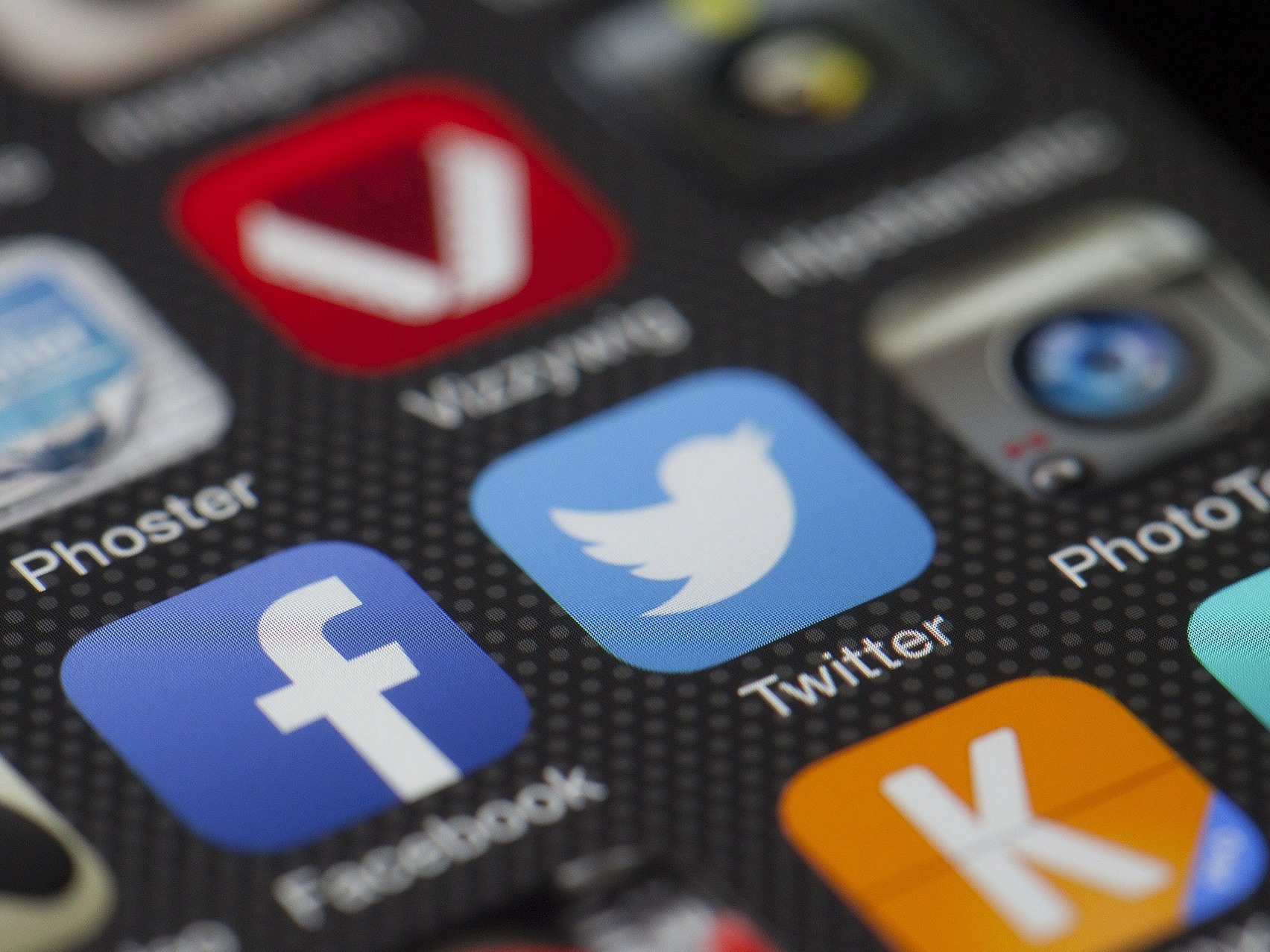Being on social media has become synonymous with living in the 21st century. Year after year, we see new platforms and smarter algorithms roping us into highly addictive online worlds. Now, a growing number of people have noticed this trend and are actively making an effort to resist it.
Anecdotally, a case can be made for quitting social media, and there are myriad reasons why someone might want to. But is there evidence that doing so is good for you in the long term?
Drivers for quitting
Although there are too many social media platforms to name, most people tend to think of the “big five”: Facebook, Twitter, Instagram, YouTube and TikTok.
Research has found people have various reasons for quitting one or more of these apps. Many quit over concerns about negative impacts on their mental and physical health. For example, studies have shown adolescent girls in particular can experience negative body image as a result of viewing manipulated selfies on Instagram.
People also choose to quit due to disliking ads, feeling like they’re wasting time, or if they’re worried about their privacy. The question then is: does quitting social media resolve these concerns?
Mixed research outcomes
It’s difficult to determine whether there are clear and lasting benefits to quitting social media – and a look at the research explains why.
One 2020 study found people who had quit social media saw improvements in their close relationships, and were pleased to be free of comparison with others. But some also said they missed the informational and entertainment aspects of it.
Related: Study Finds ‘Nordic Diet’ Could Prevent Childhood Obesity
In a 2018 study, researchers assessed the psychological state of 143 American undergraduates before randomly assigning one group a daily ten-minute limit for Facebook, Instagram and Snapchat, per platform. Three weeks later, those who limited their social media use showed significantly lower levels of loneliness and depression. However, there was no significant effect on anxiety, self-esteem or wellbeing.
And in one 2019 study with 78 participants, half were asked to take a one-week break from Facebook and Instagram. To the researchers’ surprise, the users in this group who were generally active on social media experienced less positive psychological effects than those in the control group.
With research findings painting several different pictures, it’s safe to say our relationship with social media – and how it affects us – is very complex.
Research constraints
There appear to be no published studies that have assessed the long-term impacts of permanently quitting social media. This is probably because it’s difficult to find participants who will agree to be randomly assigned the task of dropping social media forever.
One important consideration is that a percentage of individuals who quit social media will eventually go back. Reasons for returning include:
- Feeling left out
- Fearing loss of connections
- Wanting to regain access to interesting or useful information
- Feeling social pressure to rejoin
- Feeling that quitting wasn’t the right choice
Even if researchers do find a large enough group of people willing to quit social media for good, conducting long-term follow-ups would be highly resource-intensive. Beyond that, it would be difficult to figure out how much of a participant’s increase (or decrease) in life satisfaction is due to quitting social media, and not other factors.
As such, there’s currently no evidence that quitting social media comes with concrete long-term benefits. And in the short term, results are mixed.
To quit, or not to quit?
However, that doesn’t mean quitting (for a short or long period) wouldn’t be beneficial for some people. It’s likely that any potential benefits will depend on the individual doing the quitting, and why they’re doing it.
For instance, consensus that does emerge from the research is that the way you use social media plays a significant role in how negative or positive your experience is. By using social media mindfully, users can minimize potential harms while retaining the benefits.
For some, it may only be one platform causing unease. If you strongly dislike Instagram’s tendency to be hyper-focused on people’s private lives, then you could simply stop using Instagram.
Another technique is to curate your social media feeds by engaging only with content you find useful and positive. For instance, many young women take steps to avoid seeing perfect bodies all day on their social media.
If you’re still wondering whether quitting might be good for you, the simplest way to find out is to experiment.
Take a break from one or more types of social media. After some time ask yourself whether the benefits seem worth it to you. If the answer is “yes”, make the break permanent.
Article written by John Malouff, Associate Professor, School of Behavioural, Cognitive and Social Sciences, University of New England




























